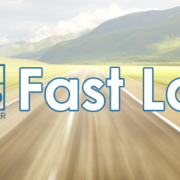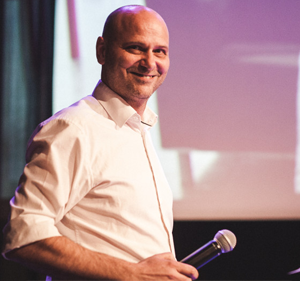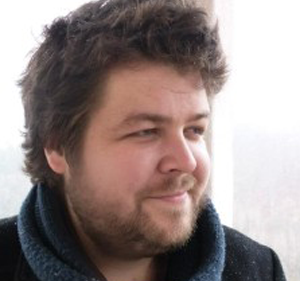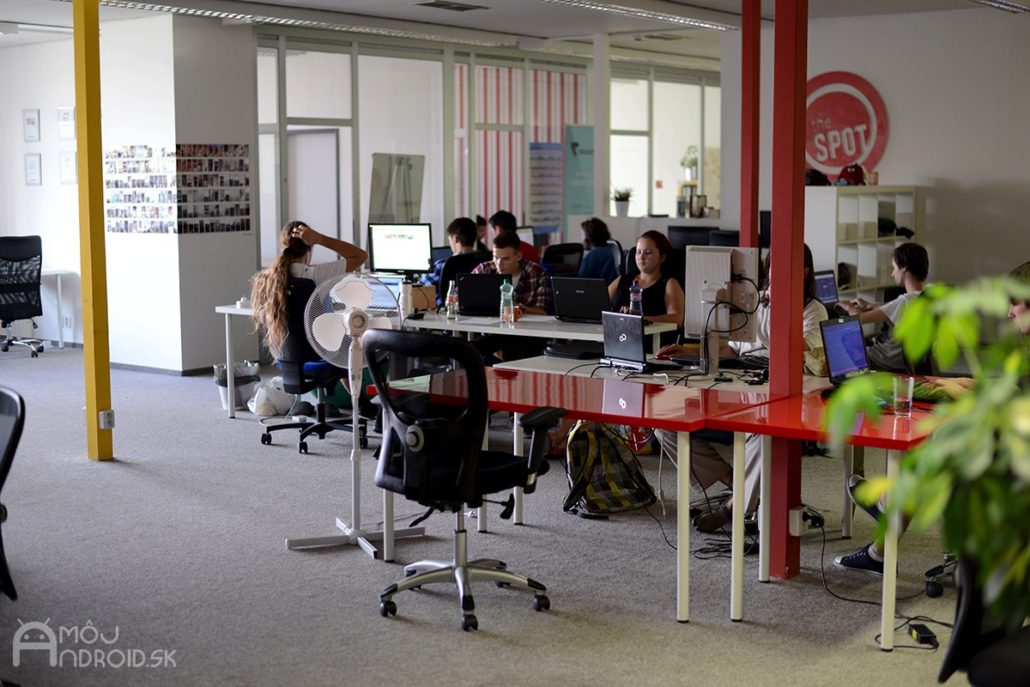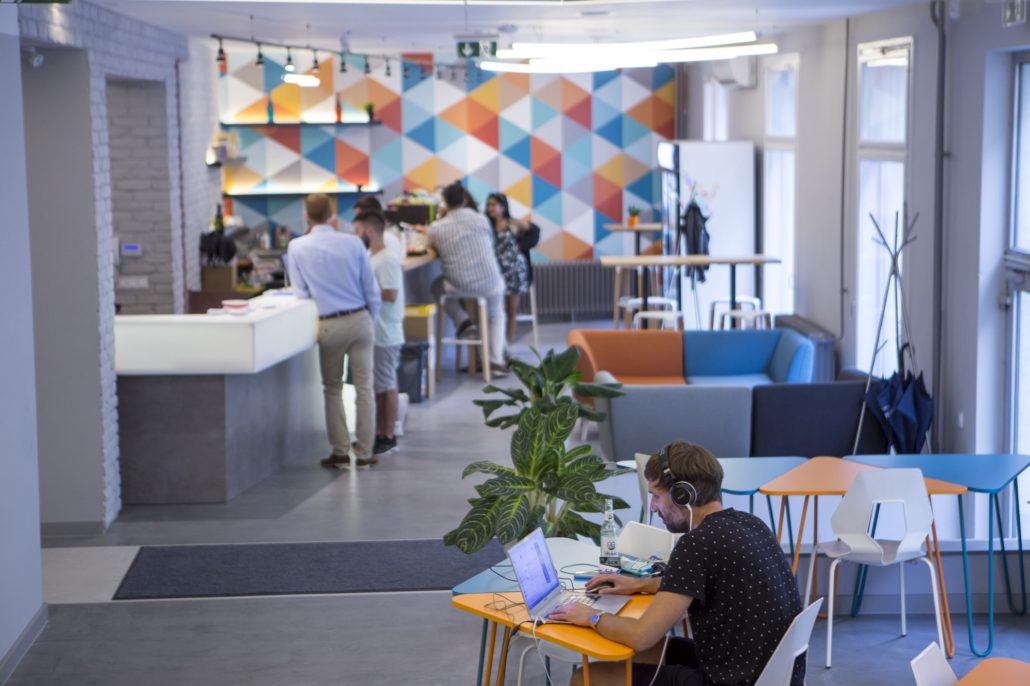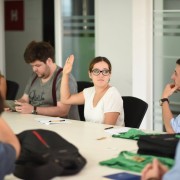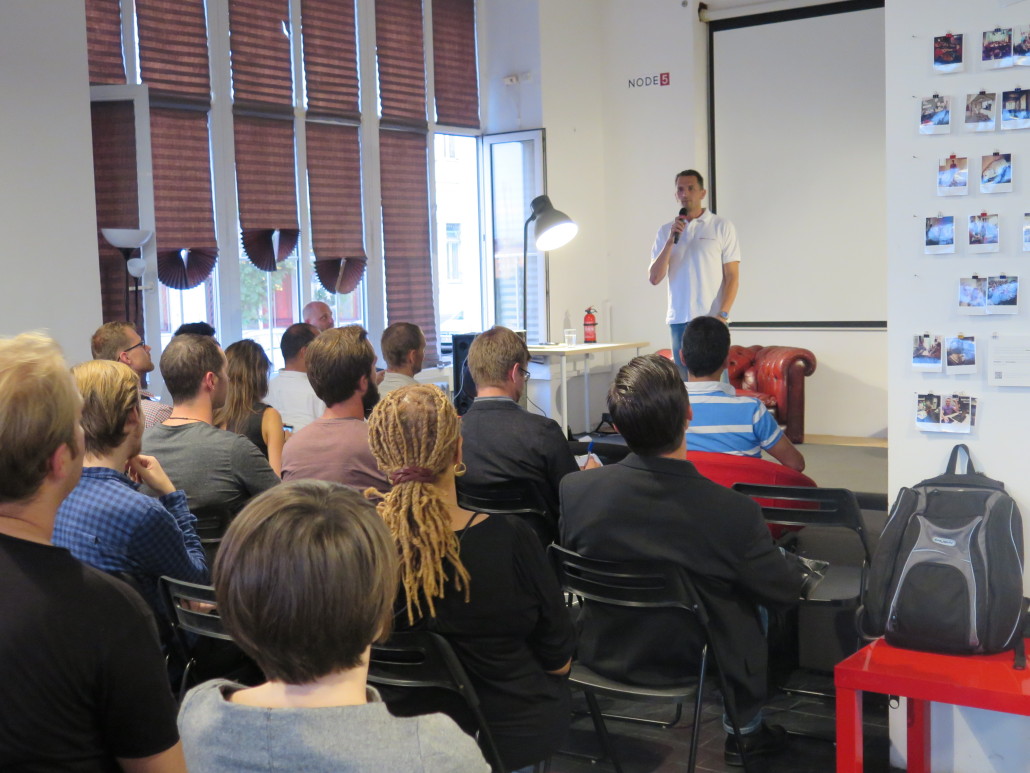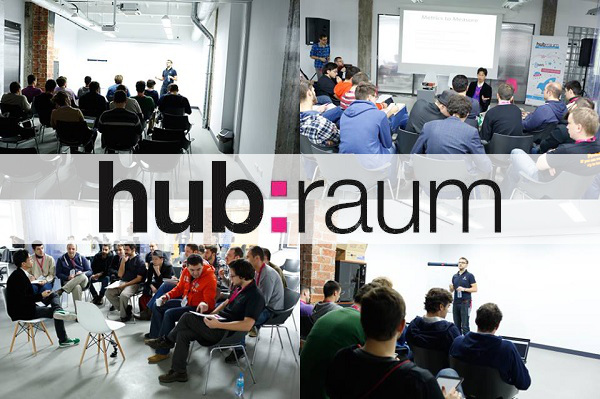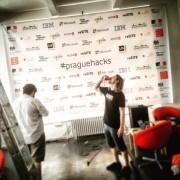What’s Special About the Polish Tech Ecosystem?
StartupYard is about to embark on a month-long, 8 stop tour of Central European tech capitals. We’ll be visiting Poland, Slovakia, Romania, Bulgaria, and Slovenia, and have already been in Kosovo and Krakow.
Getting to Know The Polish Tech Ecosystem
But before we kick off StartupYard FastLane properly, we wanted to get to know the ecosystems we will be visiting even better. While we’ve met a lot of startups from these countries, and accelerated some of them as well, we wanted to hear from local accelerators, investors, and entrepreneurs what they thought was special about their local ecosystem. Since we’re asking startupers to come to Prague, which we think is pretty special, we wanted to see what our neighboring ecosystems really have to offer, according to some of their biggest fans.
We asked a group of entrepreneurs and influencers in the countries we’re visiting to tell us their perspective on their own ecosystem, and we will share that learning with you in a series of blog posts, starting with the first country we will visit, on August 31st, Poland. So we’re starting off the series with the Polish tech ecosystem.
Our Respondents

Piotr Piekos: CEO and Founder of TotemInteractive, a StartupYard Alum
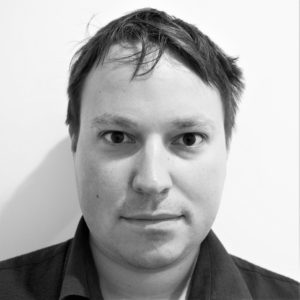
Tomasz Kowalczyk: Growth and Innovation Designer for HardGamma Ventures, Warsaw

About the Respondents:
About Asia – a tech enthusiast and startup veteran from Krakow, Asia is a former Project Manager of Estimote and Project Lead at Vorm. She has worked with the biggest e-commerce startup in Poland: Showroom. She loves to organize, and often works an event manager. She is the current Operations Manager at OMGKRK, a community for Krakow based entrepreneurs.
About Pioter: Piotr is Co-Founder and CEO of TotemInteractive, a StartupYard company. He is a happy father and entrepreneur who grew from the corporate world. As an engineer he worked in the semiconductor industry, helping the largest players (Intel, Samsung) expand their production base. As a system expert in the Audio Visual industry, he traveled the world, focused on helping corporate customers in saving dozens of endangered projects.
About Tomasz: Tomasz is a member of the HardGamma Ventures team responsible for leveraging its actions using available support schemes and cooperation with external partners. Before joining HardGamma, Tomasz worked as Innovation Consulting project manager for one of the Big 4 companies.
What Do Poles Think of Local Polish Ecosystems?
What do you see as the greatest advantage of your tech ecosystem, particularly for young technology startups and entrepreneurs?
Asia: Krakow’s ecosystem has a great energy and is a place for many experienced entrepreneurs. People here are focused on IoT. There are many young people: tech students, developers which are here to make a change. We’re not only working on our own startups but also we’re very active community, offering help for any newcomer.
The ecosystem in Krakow is also condensed meaning it’s easy to reach your potential partners via intros or simply walking to a close by office because the majority of startups are located in one district.
Piotr: It’s the availability of talent. Thanks to that, plus the skills of Polish developers, we were able to relatively quickly build a complex, scalable IoT system available globally.
What about its most important current weaknesses? How would you like to see them addressed?
Asia: It’s hard to be always available and to attend every interesting event when your own startup is getting bigger and bigger. Especially since our startup community is already a few years old: many people grow from being freelance startup enthusiasts to having more defined job.
That’s why one of our main goals [at OMGKRK] is to bring people together, integrate newcomers and older members and to organize great quality events which really will be useful and profitable in long term.
Piotr: The scarcity of sales resources. It is difficult for us to scale-up our salesforce – in opposition to Tech talent, professional salespeople with domain knowledge from the Audio Visual industry are not only hard to find but also significantly more expensive. We try to mitigate that by leveraging our relationships with partners. Nevertheless, in the mid-term an additional investment dedicated almost purely into salesforce will be necessary.
Piotr Piekos from @totemintractive: The main weakness of the Polish #startup ecosystem is lack of sales talent. Share on XTomasz: Currently in Warsaw there is a lack of a broad mentor base with dedicated knowledge on supporting the development of startups and scaleups. While the sector develops, the number of mentors will grow, though, it’s only a matter of time.
There is an insufficient number of professional LPs, resulting in the lack of smart private money and which pushes startups to be too dependent on public funds and initatives.A way to go about improving these deficiencies could be the promotion of open innovation and constructing a capital market for innovative companies.
Tomasz from @hardgamma: Poland lacks a broad base of mentors. Needs more smart private money. Share on X
What speciality would you say your ecosystem is most famous for, in terms of technology or business?
Asia: Many of Krakow’s startups are working on IoT solutions which is great, since it’s general trend in a global community.
Of course we’re famous for our beacons: Estimote and Kontakt are leaders not only in Poland but also around the world. There are companies working on Industrial Iot like Silvair or Elmodis. There are many educational/social like Brainly and Notatek, which are re-defining the way people learn.
One of the biggest successes of Krakow is definetly Base CRM.
Asia from @omgkrk : Krakow a world leader in beacon technology like @estimote and @kontakt_io . #TIL #startups Share on XPiotr: I think that we are touching a more general problem here – European startups are poor in scaling-up. This is especially true when it comes to the CEE region. Startups from our ecosystem fall behind SV companies greatly in that aspect. Obviously, they do look into international markets, but they do not know how to do it efficiently. My personal thoughts revolve around the deficit of business tradition in the region.
Two and a half decades of the free market are not enough to develop a proper business culture. There is a certain level of cultural inertia that is not easy to overcome. The CEE startup scene is playing a catch-up game, maybe apart from Estonia, and legislation is not really helping that much. Therefore my personal advice to the founders would be: if you want to accelerate that process – learn from the best in the field who had been exposed to more mature ecosystems. It is the human capital that can drive the change eventually.
Piotr Piekos @totemintractive: Polish and CEE startups lack a business tradition. Share on Xv
Would you say the local ecosystem is dominated by more copycats, or by original, innovative solutions?
Asia: Although Krakow the ecosystem reacts fast to trends, we’re definitely the one to bring innovative solutions. The whole beacons craze started here and we’re not afraid to work on new or controversial ideas, for example like sexual health wearables.
What would you say your locally grown entrepreneurs are best at? What is their greatest strength in international business?
Asia: The main value they bring to the international table are working solutions. Ideas are great but in the end what win is working hardware and software.
Also we’re extremely hard working and focused on building the greatest things. What I love about many Krakow’s entrepreneurs is the fact that they’re not here to feel sorry for them or to being too shy about their work. That being said they’re extremely humble, but if they know something great is in their hand they will be not stopped to present it to the world. They love to try.
Asia from @omgkrk: Polish startups bring value by delivering solutions, and with hard work, not just ideas. Share on XIn your opinion, does the Polish tech ecosystem look abroad for opportunities enough? Too much? What would you encourage local entrepreneurs to change in their approach to global business?
Asia: I think we are not shy to try outside Poland and we believe in our products and teams, but I am sure that we could be even more active. Programs like YC or Berlin’s Techstars are a great opportunity for Polish entrepreneurs too see what rest of the world has to offer and how different their approach can be.
What does your ecosystem offer that others can’t? What is your local “killer feature?”
Asia: Definitely one of the strongest features for Krakow is our big student community, with many tech universities. That can be crucial when you’re looking for new people, especially on a junior level.
Also the fact the city is quite small, but packed with startup people, makes it easier to network. You can meet people not only on events, but also just here and there in the city.
Asia from @omgkrk: Krakow #startups find strength in small, tight community Share on XHow would you describe your government’s relationship to startups and tech? Is the government helpful or is it out of touch?
Asia: For many years startups were working rather parallel to the government, rather than with it. But slowly it’s starting to change. I think the successful stories of many polish startups show that those kind of companies are working on extremely innovative things, that could profit the whole polish economy. Startup focused programs are starting to show up, and I think the next few years will be very interesting in how government will try to help them and what actually can be done. As for local governments on city level ones are very helpful, others don’t really care.
Piotr: Recently, the polish government increased activities related to the widely understood startup scene in Poland. It seems that innovative startup companies have become an important part of the new national plan for economical transformation. The dedicated governmental programme “Start in Poland” will pump close to $1 billion into the ecosystem in the next 36 months. There is an undersecretary of Ministry of Economic Development designated solely to communicate with and develope the ecosystem, and co-architect the new legislation designed to make startups’ lives easier. Obviously, it will come down to the quality of execution.
Tomasz: The current government is taking a number of steps to try and increase startup activity in the economy. Startups were specifically targeted in the current Development Minister and Deputy PM Mateusz Morawiecki’s development plan, and there are steps being taken to provide more incentives and easier legislative and fiscal procedures for startups, including the introduction of a new type of business, the Prosta Spółka Akcyjna – Simplified Joint Stock Company.
What about Angel investors? Do you have an active community? What types of people are doing angel investing in your ecosystem?
Asia: We have few Angels which were very helpful for startups in early stages. Rafal Han who run Silvair, Jakub Krzych from Estimote, Richard Lukas involved in many project and Rafal Targosz from PROIDEA (and now also Eventory) are the most active. That being said the angel scene is not big, it still a challenge to show people with money & experience in business that they could help and that startups are great investment. Most Angels have a tech background, so basically there were successful tech CEOs at some point.
Piotr: I recently participated in the annual EBAN (European Business Angel Network) Congress in Portugal. Unfortunately, I have to admit that the CEE representation of Business Angels in EBAN community is not proportional to the size and potential of the ecosystem. There are a few good examples, though, for instance, Michał Ciemiński managing the Polish fund PlatinumSeed is sitting on the EBAN board of directors from this year.
Tomasz: The backbone of the Polish market is formed by angel investors – private individuals who are bold enough to make initial investments. Investors in Poland are usually former founders of successful IT companies, as well as a new tech-savvy crowd with family money willing to invest.
In your opinion, what have been your greatest local successes, and in what areas do you think the ecosystem has the most potential to grow in the next few years?
Asia: The greatest success must be having international companies, which are still based in Krakow and the fact that they truly believe that Krakow is the place to be. It’s easy to move your business to the US; definitely it makes it easier talking to US investors or big clients, but startups like Estimote, Kontakt, Brainly, or Base CRM show that it can be done having your HQ in Poland.
Very interesting is the growing education scene and I think many startup doing that will evolve in the next few years.
Piotr: UxPin, Brainly, Estimote are headliners of the polish scene. Obviously, TotemInteractive will be the first one from AdTech industry 😉
For B2B – I would bet on companies like TotemInteractive, that are disrupting specific, often petrified, industries by redefining and simplifying the value creation chain. For B2C – I see the potential in mobile-first marketplaces oriented to help ever-connected urban consumers.
Tomasz: Most recently, Warsaw has been making waves in the CEE regional ecosystem. These include the choice of Warsaw for the location of Google Campus; a growing interest of foreign investors in the Polish market; and a growing presence of international startup support networks, such as EIT Digital, which has just partnered up with HardGamma. In order to thrive in the future, the ecosystem in Warsaw will need to find ways to create stronger support networks for startups which offer more than pitch-nights, free beer and pizza.
What would you say to an entrepreneur or a startup thinking about relocating to your city? Any Warnings? Hidden advantages? Quirks?
Asia: Krakow has an amazingly energetic and packed startup scene so it will be quite easy to find employees or partner for business.
The main disadvantage of the Polish tech ecosystem in my opinion is Polish law, which is quite tricky and not matched to startup reality. So you need be really careful dealing with papers.
As I said before – having an HQ and a whole business in Krakow is great: Poland is quite a big market, we have amazing developers and it’s easy to run an international team here. But probably I would recommend hiring some business people outside Europe, to deal with the US and Asian markets, since it would be that much easier for them to reach clients.
Tomasz: Warsaw is a great city to live in, the costs are low and the infrastructure is of a good quality. A number of legislative moves are being made which will make running a startup that much easier, but a word of warning that you still need to have a lot of patience to deal with fiscal and legal issues. Best to lawyer-up though.
Can you highlight 3 startups to watch for 2017 from your local ecosystem? Why would you highlight them?
Asia: Elmodis – startup that deals with efficiency of Industrial Electrical Engines. They are using over 70% of World’s power.
Contellio – recent graduate of TechStars Berlin on the way to creating Design as a Service.
NewByteOrder – A team that want to revolutionize Big Data and how we process it.
Piotr: Abyss glass – interesting and affordable ‘magic mirror’ tech. Potential in retail.
Brainly – great scalablity potential.
TotemInteractive – avant-garde of outdoor advertising transformation.


 Asia Oparcik: Operations Manager at
Asia Oparcik: Operations Manager at